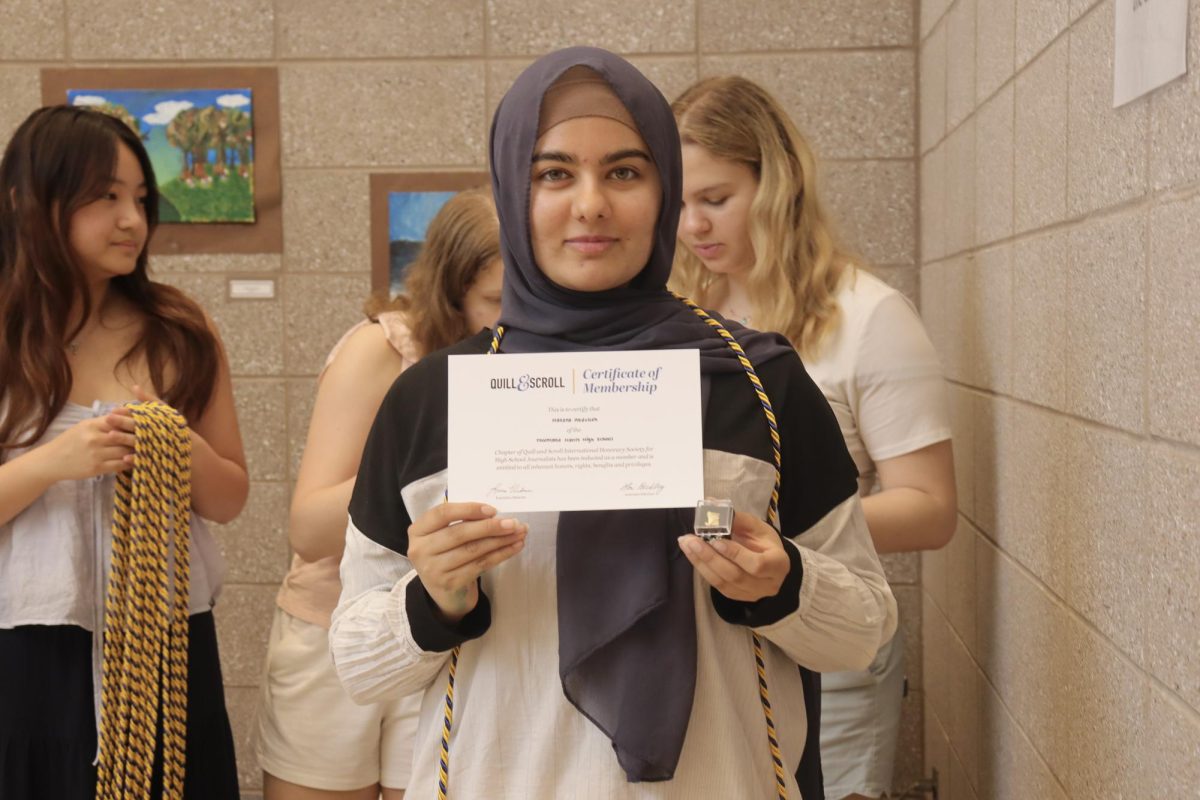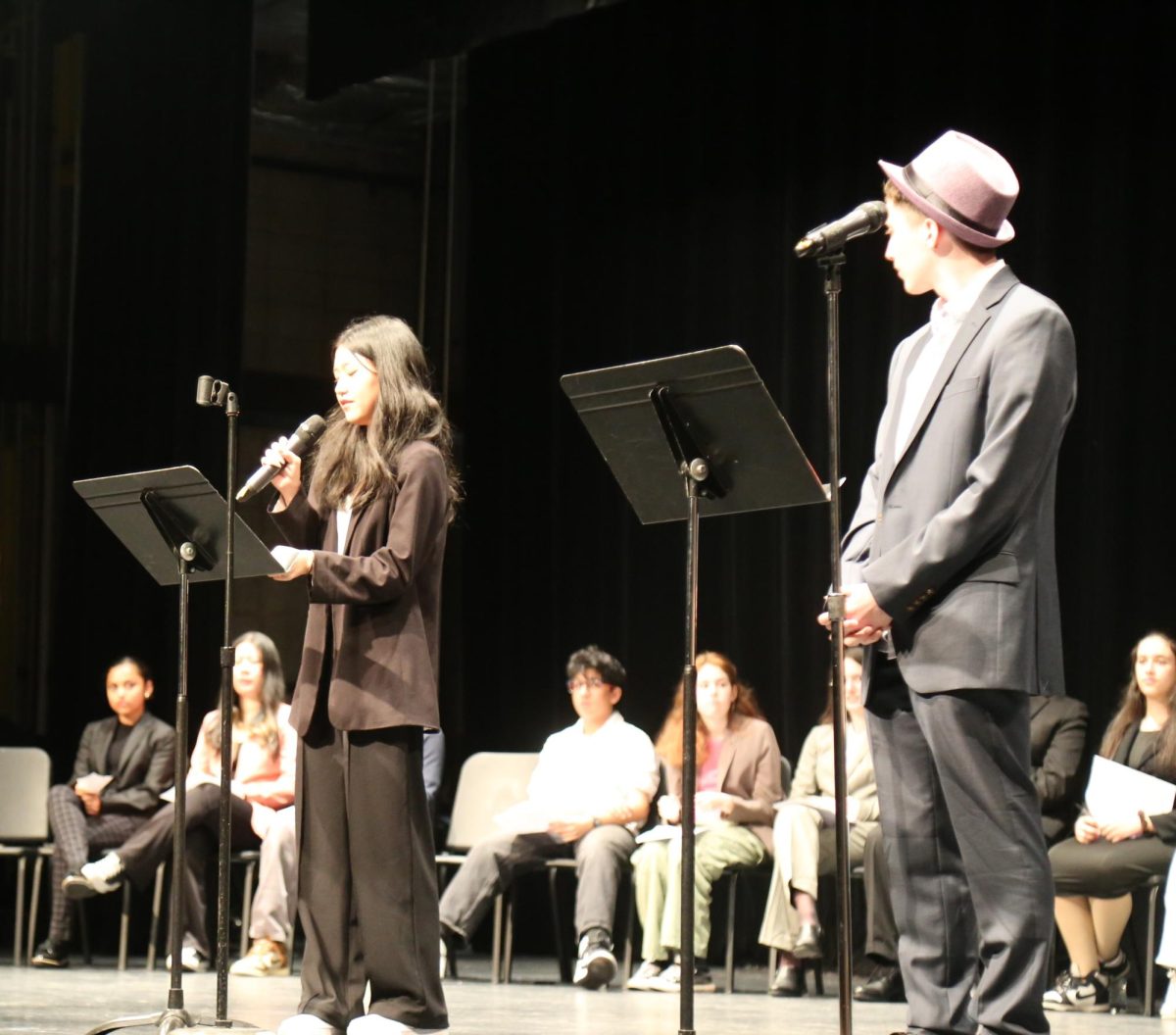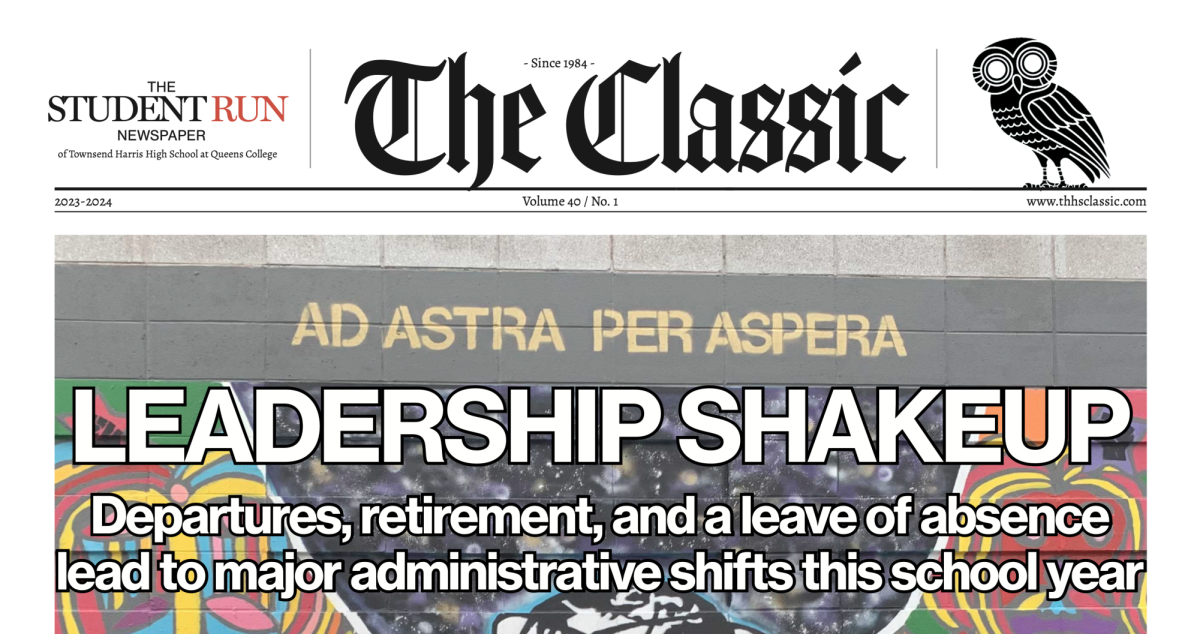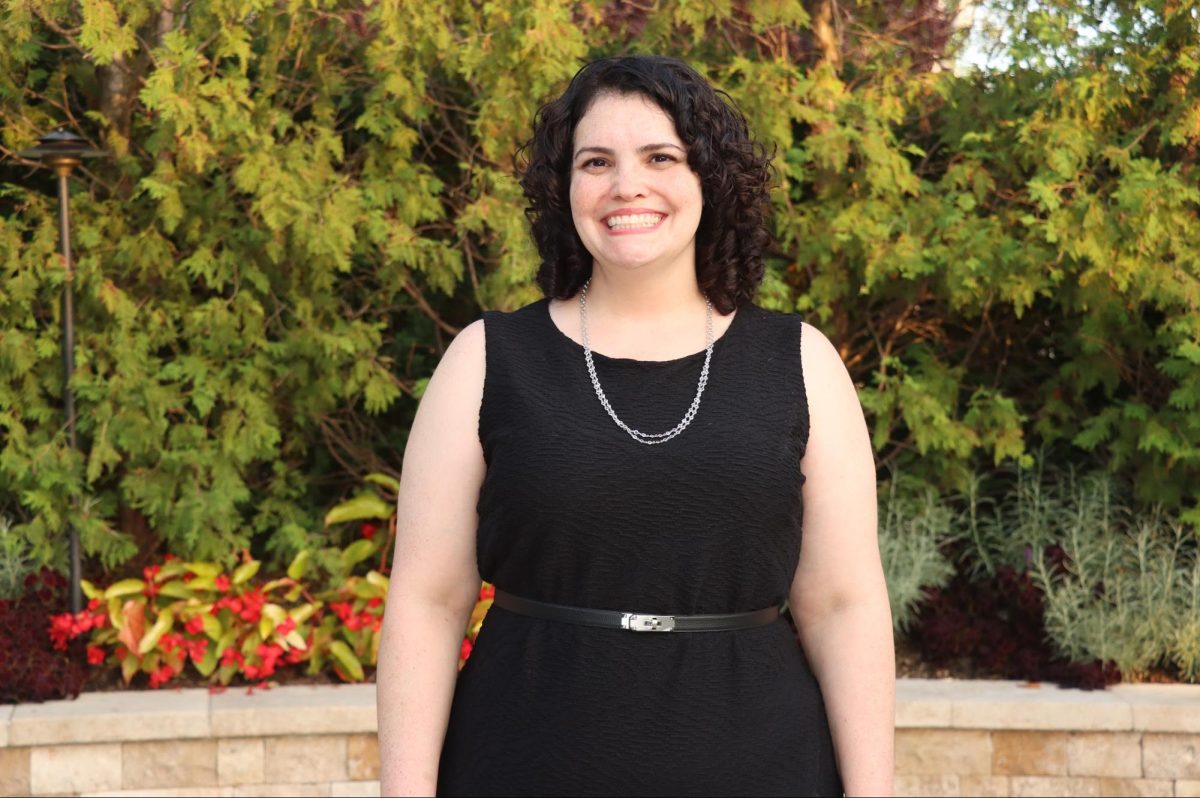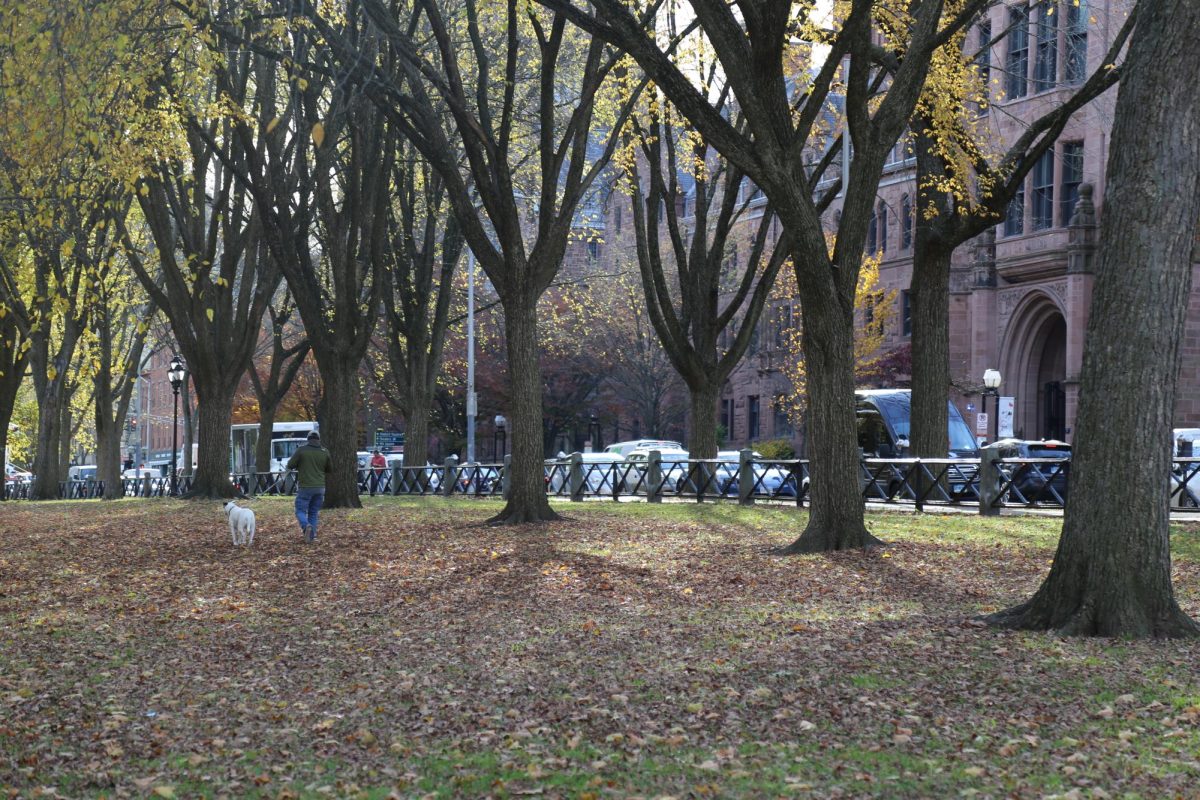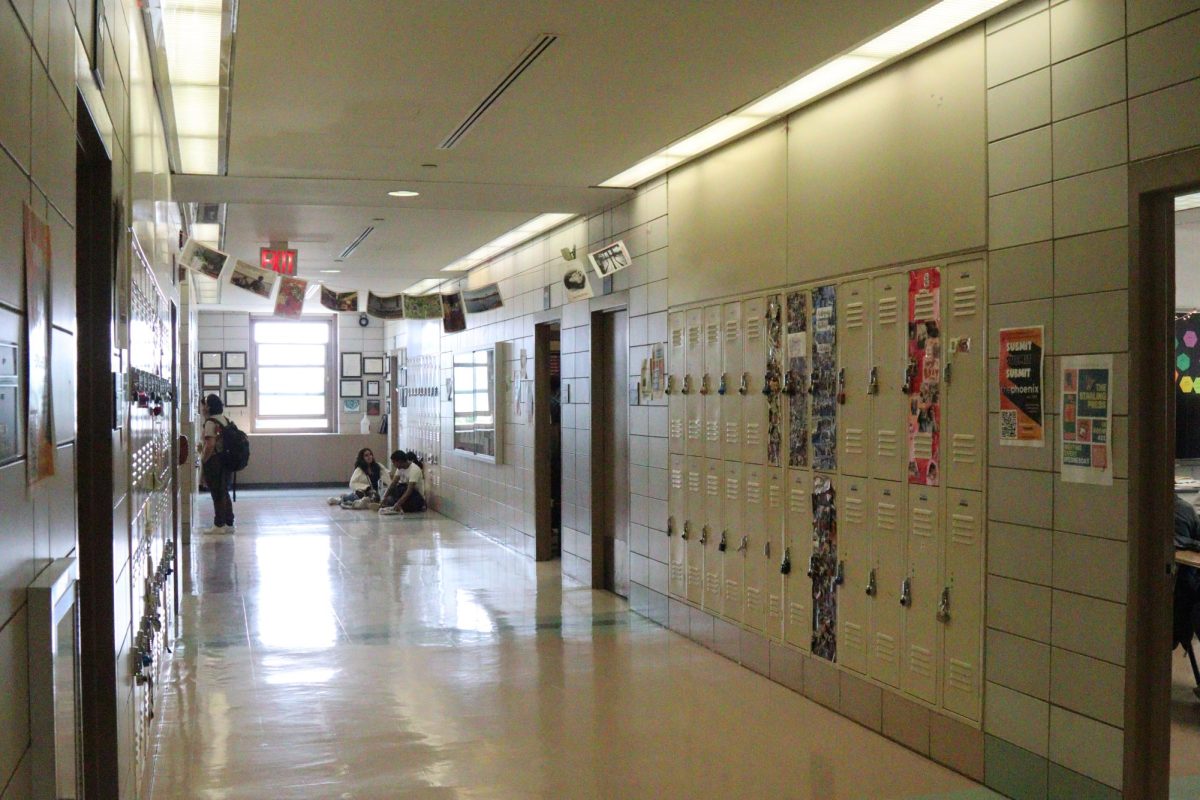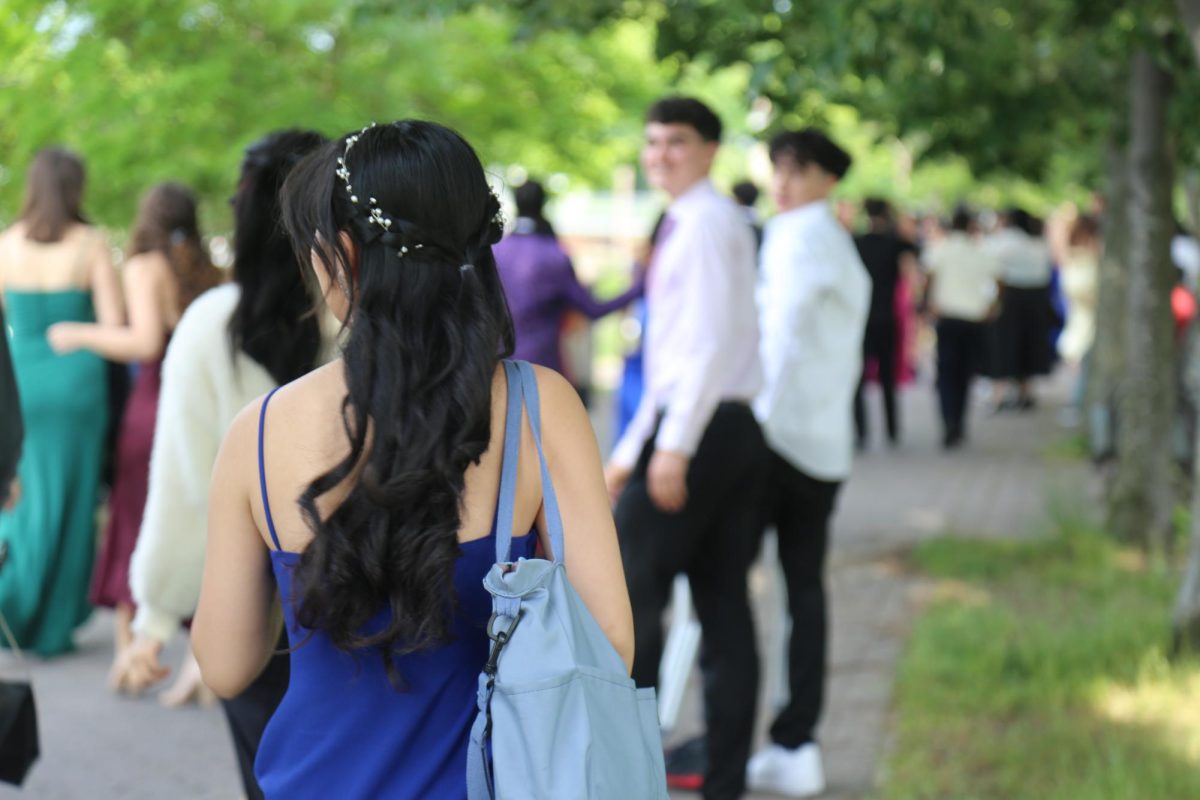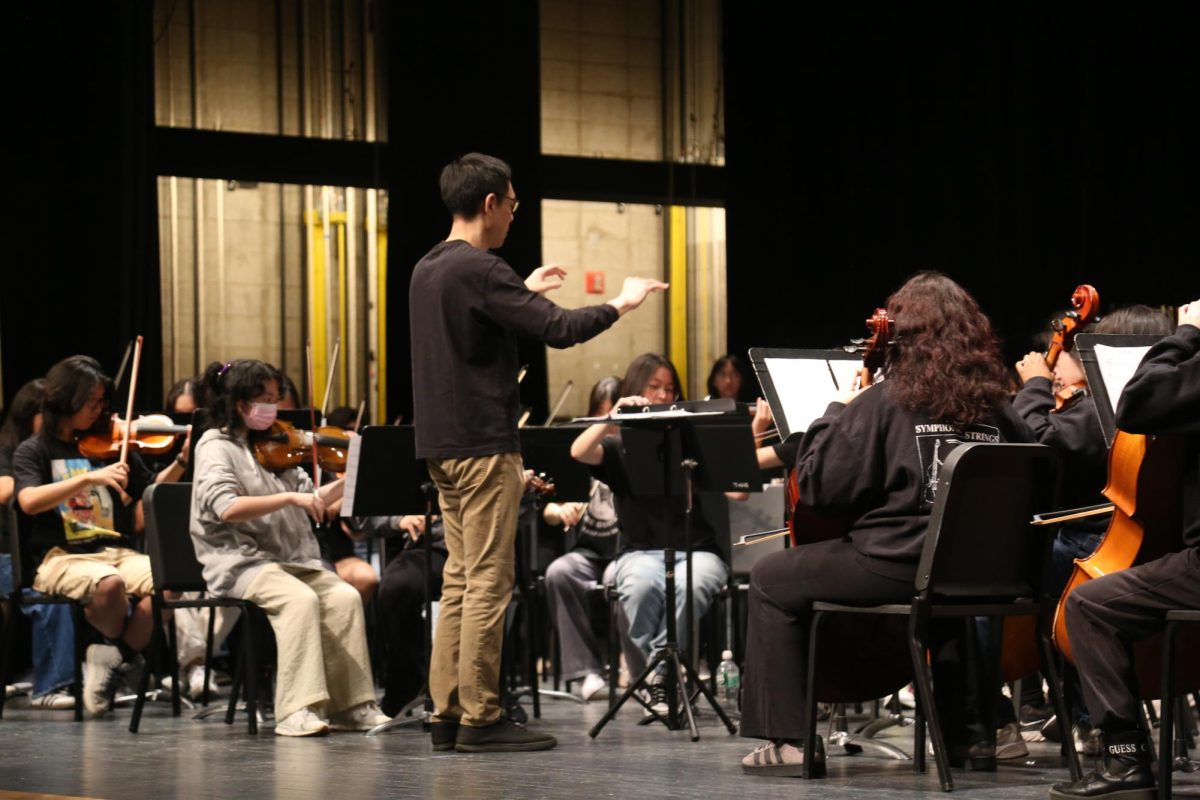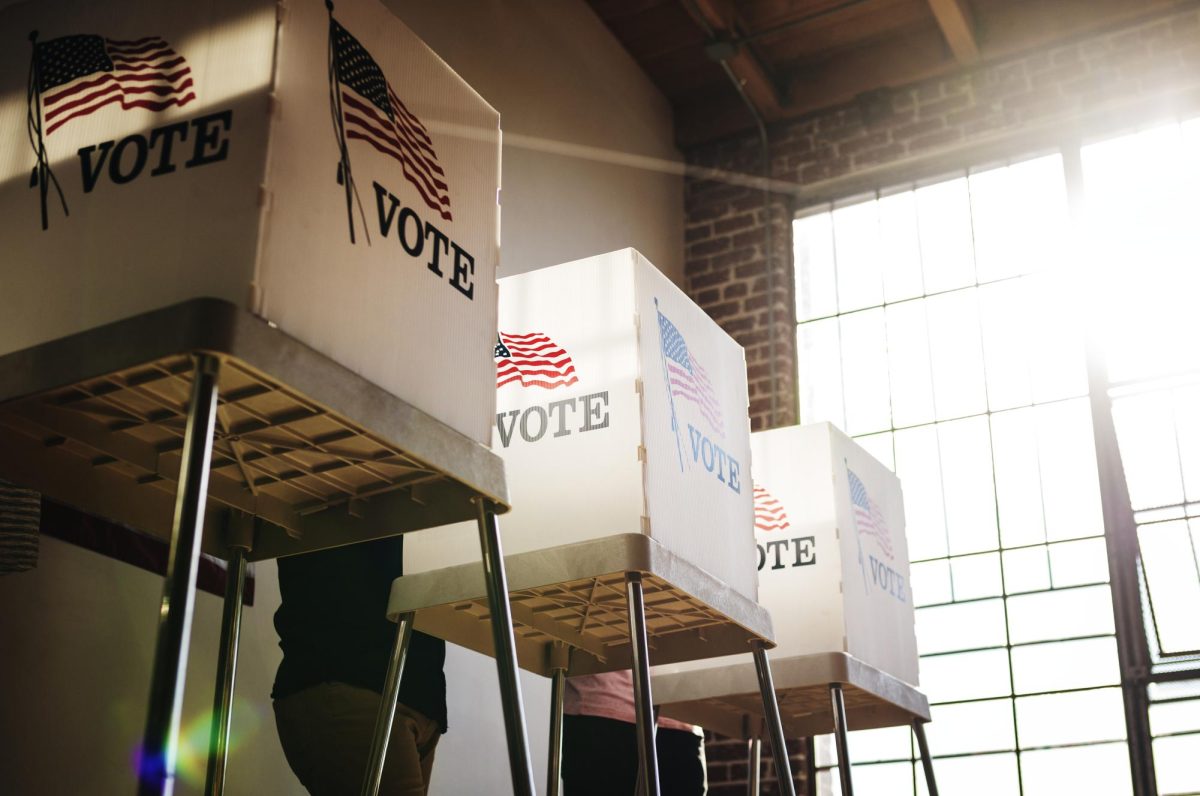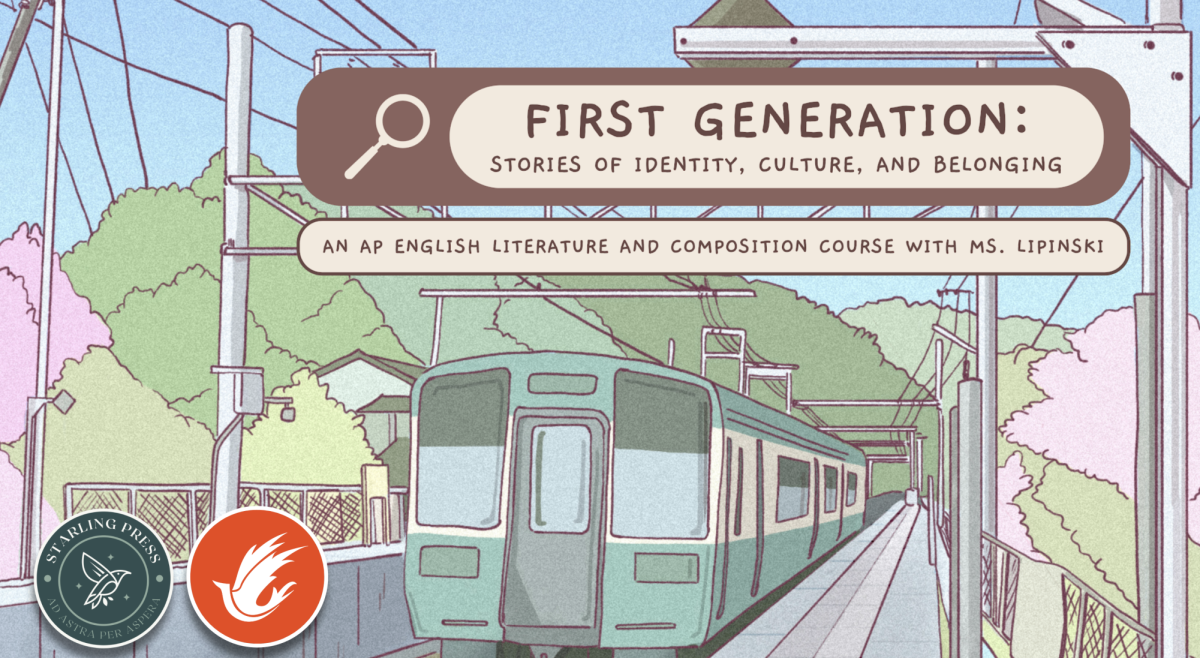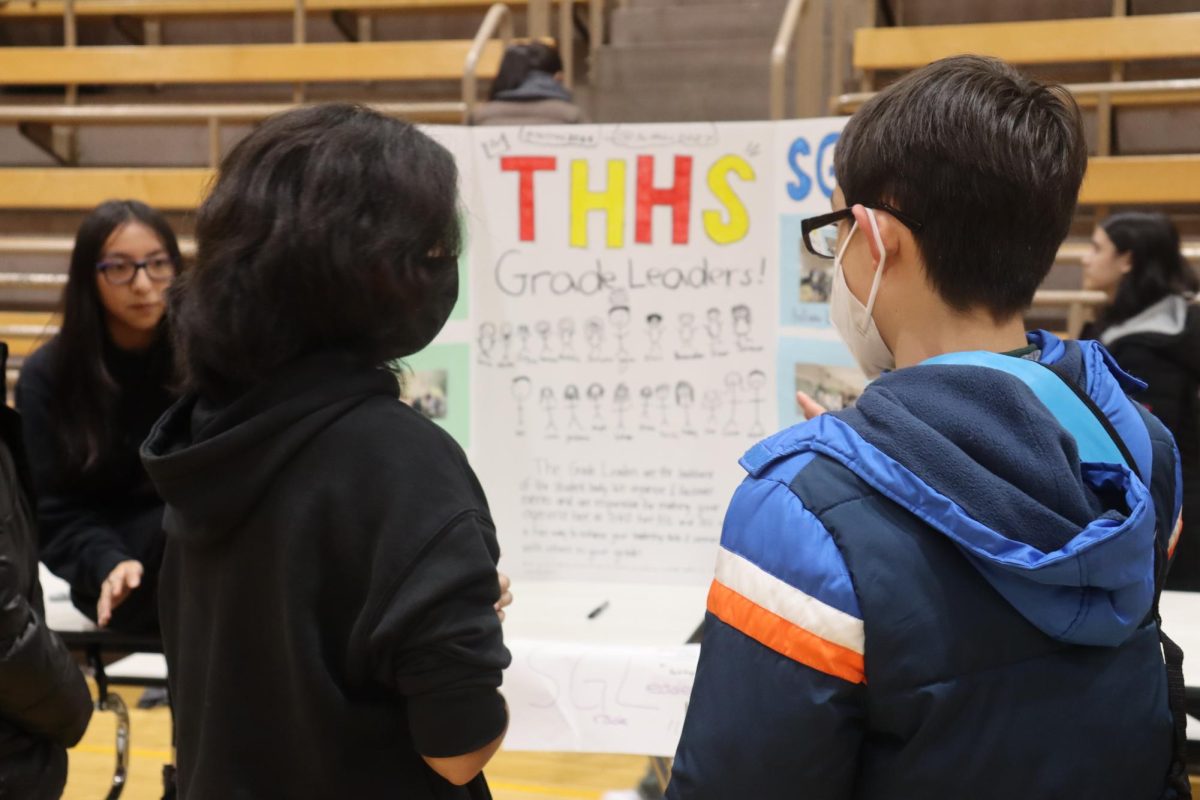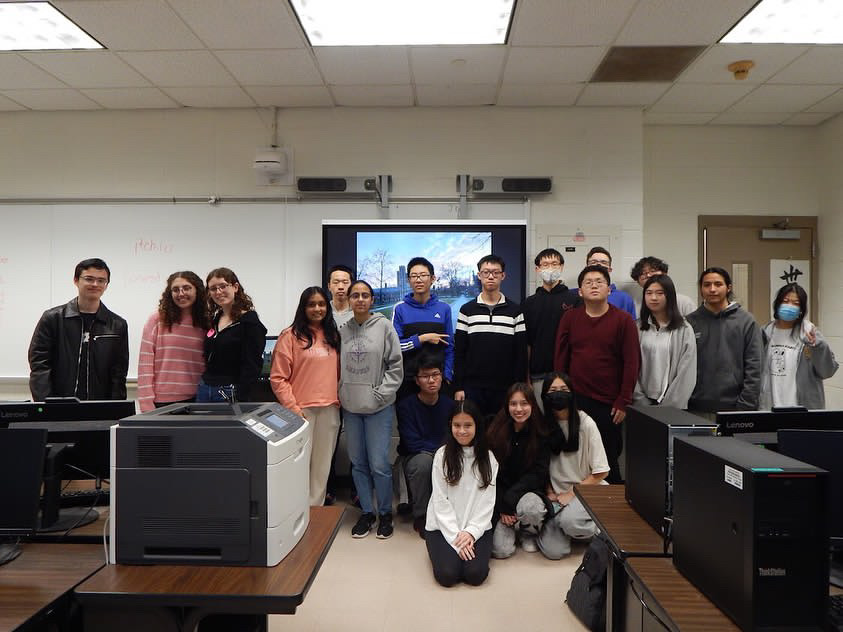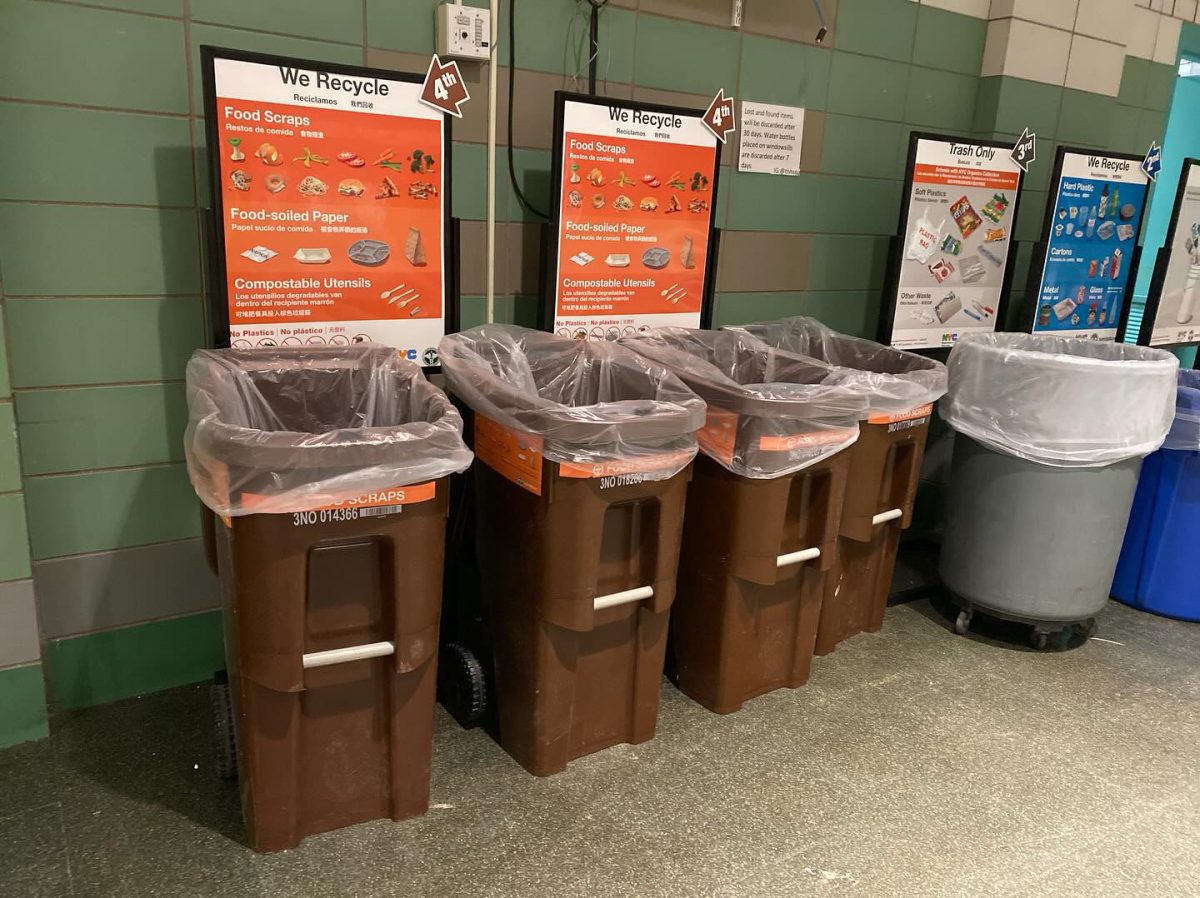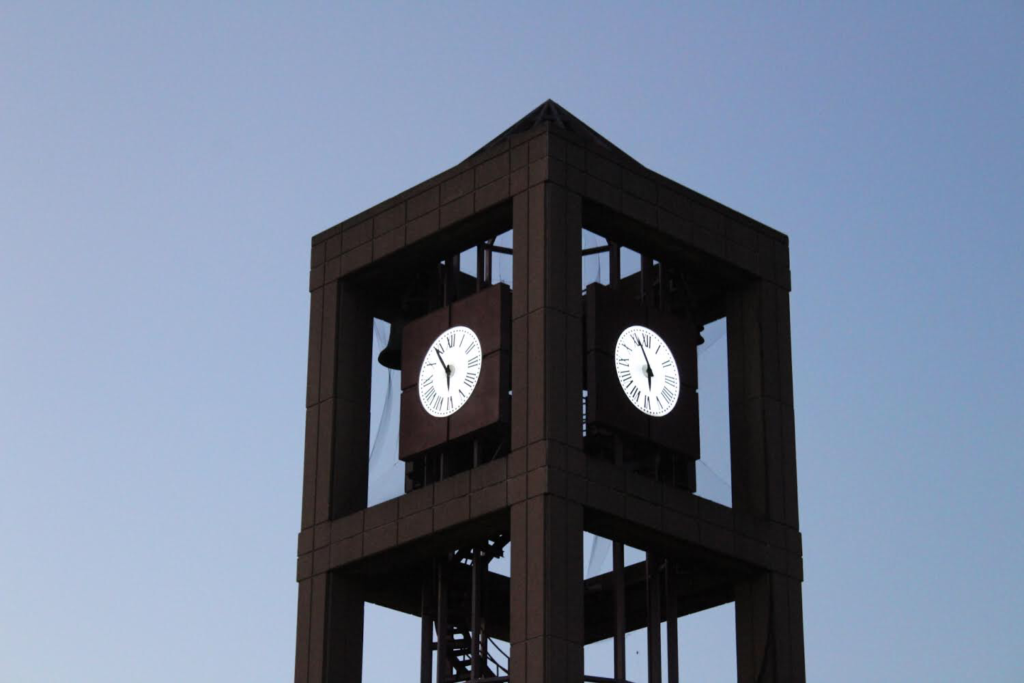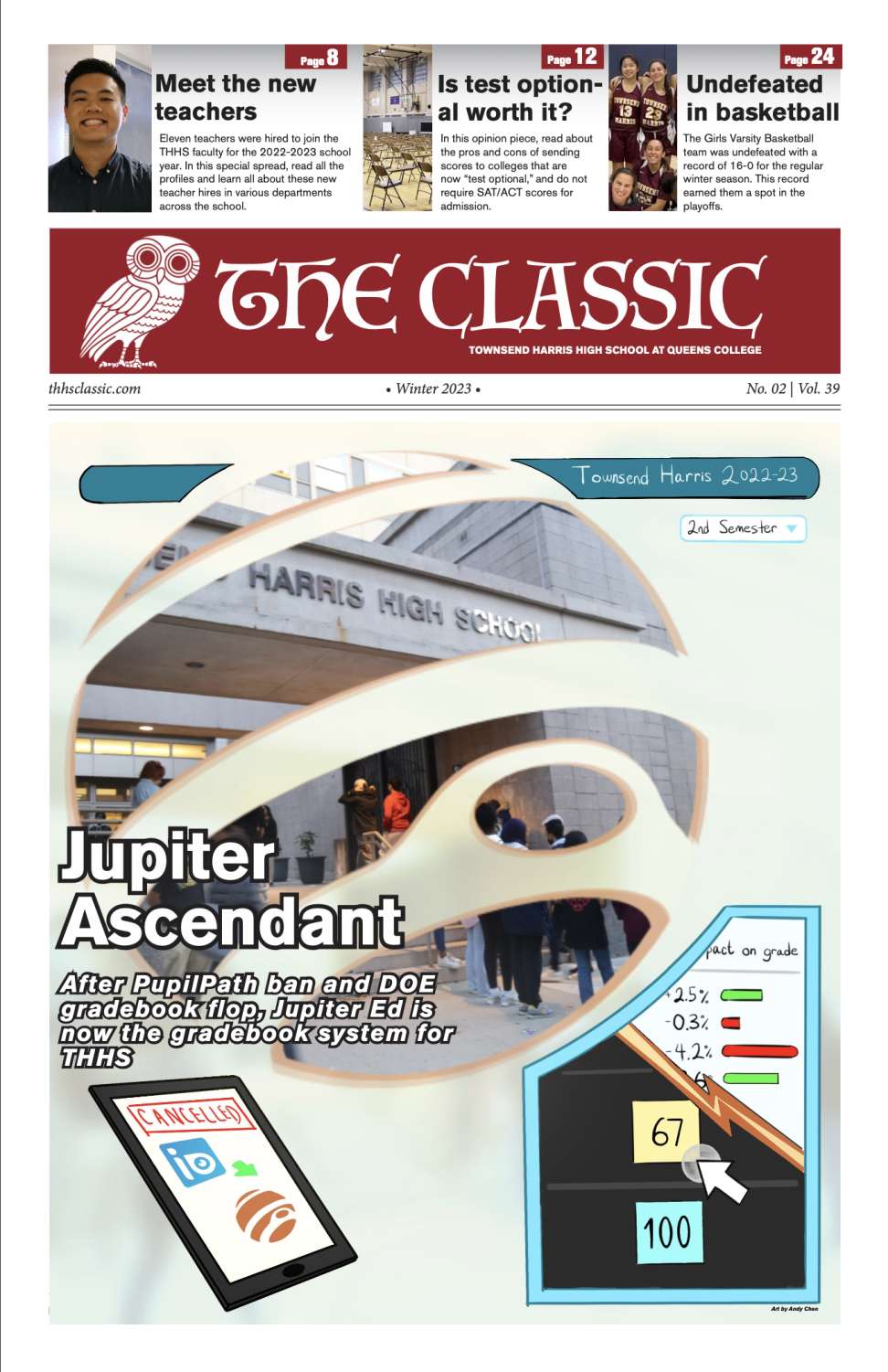
In eighty years, rising sea levels will swamp much of Alley Pond Park and Little Neck. The Federal Government predicts that they will rise around thirty to fifty inches; in the worst-case scenario, they could rise to a staggering six feet by 2100. About one fifth of Queens and parts of Brooklyn will be submerged permanently.
Two of the main causes for all this potential destruction are the melting of glaciers and the expansion of the ocean as the water heats up. As a result, the increase in water may cause major flooding in the future, affecting those who live near coastal areas first. It is estimated that in eighty years, people who live near the low grounds by the Little Neck Bay would have to be relocated to safer grounds.
Regarding the permanent submerging of land and climate changes, sophomore Yaathika Challapalli, who studied a hydrogeology event for Science Olympiad, stated, “It’s bad and something should be done… I think that the government and politicians should create laws that would take precautions or prevent the rising sea levels. Masses of people can’t be relocated just because [the government] didn’t take action.”
Senior Stephanie Hau, who took AP Environmental Science last year, commented, “The rising sea levels pose a major threat to human beings; the more the levels rise, the less space humans can occupy… This problem has been occurring for centuries due to the rise of CO2 levels and the lack of environmental awareness.”
Not surprisingly, there is a strong correlation between rising sea levels and the intensity of storms. This can foreshadow, with the higher sea levels, that major storms will become regular with full moon high tides.
Senior Vice President of Arcadis Peter Glus says, “I think climate change is mankind’s most difficult challenge in the 21st century. It will probably cause more loss of life and displace more people than war.”
Despite all of the negative predictions, there are ways to prevent this. Anything that reduces your carbon footprint–from less air travel to simply eating organic foods–can help prevent a natural disaster filled future.
These efforts include those from last fall’s United Nations Climate Change Conference in Paris. There, 195 countries adopted the first universal climate change agreement. The climate change agreement, called COP21, will try to keep the planet from warming two degrees by the end of the century.
With this, we can hope to delay the melting process of the glaciers in order to prevent significant sea level increase. By doing so, the Earth experiences less substantial damage that may cause destructive natural disasters.


